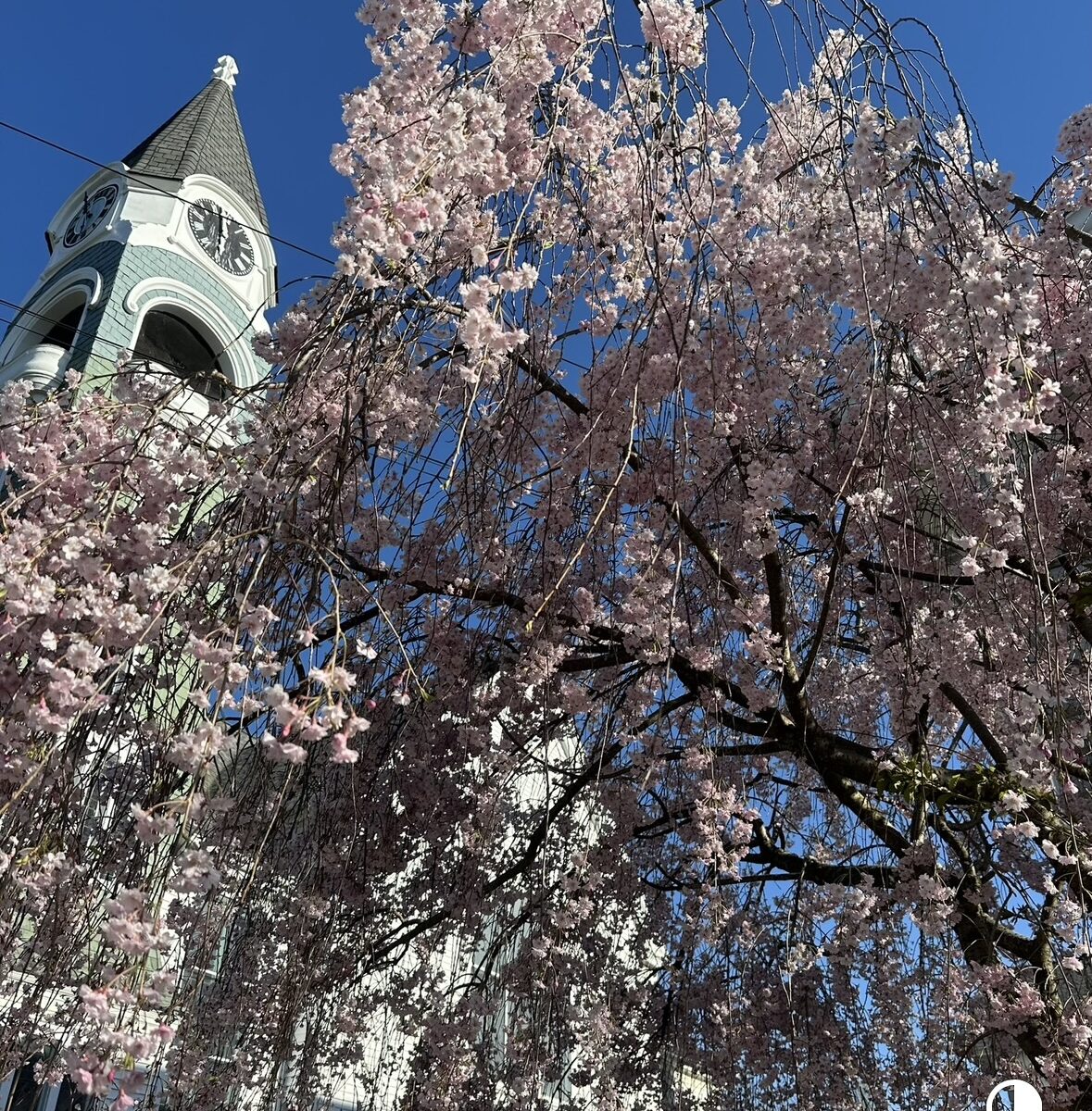Learning in the Digital Age
The Digital Age
- Although digital learning and literature is a fairly new concept in the world of education, this course has given me the knowledge and skills to navigate digital sources and texts in and outside of the classroom. To start, this course has taught me new skills that I can use on my laptop, such as using a terminal window and using a journal in markdown, that I will continue to use throughout my academic and personal career. Technology is currently a huge topic of discussion that has sparked many peoples interests, especially literary scholars. Regardless of how one may feel about the overtake of technology in educational settings, understanding how to accurately use it and to appreciate it can benefit individuals in various ways. As a future educator, I have come to terms with the fact that there is simply no way around avoiding technology in the classroom. Using a journal in markdown has been a phenomenal way to stay organized and keep track of what we learn, what I learned, and what to remember for this course. Now, after using this accessory, I will also use it to my advantage in other settings as well. It’s also something to keep in mind when teaching my students how to stay organized and collect their thoughts. Another way in which I use the information obtained from this course in my daily life is seen in my work as a student and the connections that I make in other courses. The history of technology and the terminology used in the formation of these systems and machines is seen un various works of literature that I now have a greater understanding of. For example, marking up or editing texts is commonly discussed in terms of publication and validity of certain texts.
Walden
- Another portion of the course that I have learned and grown from is through our discussion of Walden, by Henry David Thoreau. In this memoir, we see Thoreau’s battle to find the meaning of life, and how to find the means to live. Throughout the book he emphasizes being, independence, and growth. Much like this course, Thoreau finds ways to live simply, and to appreciate the simpler things in life such as language. The importance of language is also another major course concept. Learning how to transcribe, encode, and edit scholarly sources is a large portion of digital learning and literature. In knowing how to study literature digitally, as well as how to use the tools to do it accurately, I have enhanced my ability to learn from a digital standpoint and to appreciate the various forms of language that come with it.
Broad Band Discussion
- A final aspect that I have gained more knowledge of comes from reading the book, Broad Band: The Untold Story of the Women Who Made the Internet by Claire L. Evans. After reading this work, I now have immense appreciation for the many women that have been underappreciated and underrepresented in the engineering community. I also now have further knowledge of how much time and effort Women gave into the development of modern technology. Tying these two aspects together, I can interpret similar works and connect these thoughts to discussions of digital learning. Scholarly editing is a great skill to have especially when studying literature, and I believe that this course has already started to prepare me to appreciate and comprehend the importance of editing. The entire purpose of editing is so a work of literature can reach its full potential as a written piece of art. So, being able to successfully edit something would benefit my work as an academic scholar.

